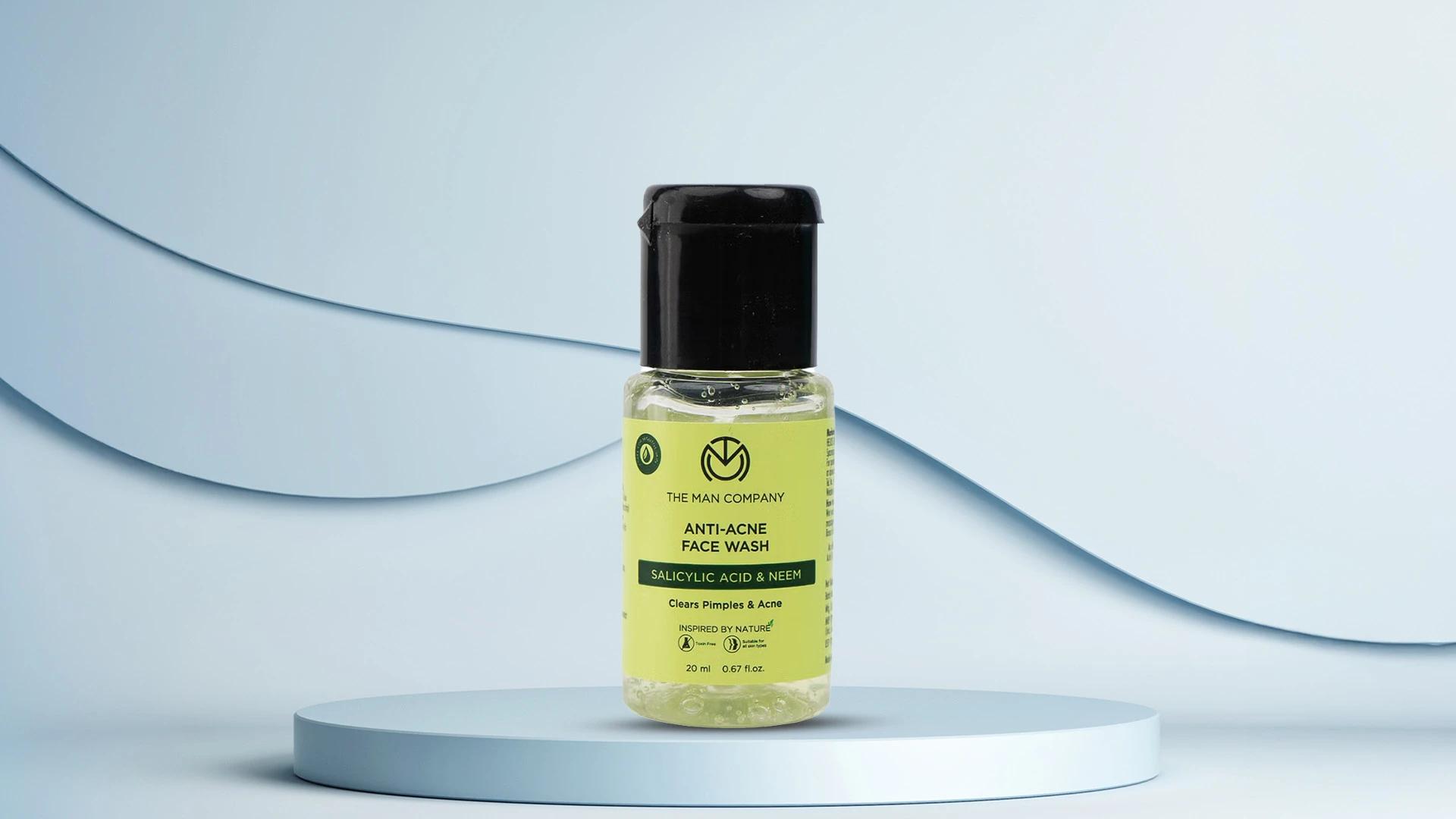Your acne soap is just one piece of the puzzle. Follow up with a lightweight, non-comedogenic moisturiser—yes, even if you have oily skin. A gentle toner can help balance pH, and targeted spot treatments can tackle individual blemishes. Just don't pile on too many active ingredients at once.
When to Expect Results
Patience isn't exactly fun when you're dealing with breakouts, but realistic expectations will save you from switching products every week. Good things take time, especially in skincare.
Short-term Effects
You might notice your skin feeling cleaner and less oily within the first few days. Some people see a slight improvement in existing breakouts within the first week. Don't panic if things get slightly worse initially—this is often normal as your skin adjusts.
Long-term Improvements
Real changes typically show up around the 4-6 week mark. This aligns with your skin's natural renewal cycle. Consistent use is absolutely key—sporadic application won't cut it. Give your chosen soap at least two months before deciding it's not working.
Frequently Asked Questions
Can acne soap be used on body acne as well?
Absolutely! Body acne responds well to the same ingredients as facial acne. Just remember that body skin is generally less sensitive, so you might be able to tolerate stronger formulations. Focus on areas like your back, chest, and shoulders where breakouts commonly occur.
Is it normal for skin to purge when starting a new acne soap?
Yes, purging is actually a good sign that the product is working. It means the soap is bringing underlying clogs to the surface faster than usual. This typically lasts 2-4 weeks. However, if you're getting breakouts in areas where you don't usually get them, that's likely irritation, not purging.
How do I know if an acne soap is too harsh for my skin?
Watch for signs like excessive dryness, redness, burning sensation, or increased sensitivity. If your skin feels tight for hours after cleansing, the soap is probably too strong. A bit of initial adjustment is normal, but persistent irritation means you need something gentler.
Can I use acne soap if I'm using other acne treatments like retinoids?
Caution is key here. Using multiple strong actives can lead to over-exfoliation and irritation. If you're on prescription treatments, start with a gentler acne soap and see how your skin responds. You might need to alternate days or use the soap only in the morning if you apply treatments at night.
Are natural acne soaps as effective as medicated ones?
Natural ingredients like tea tree oil, sulfur, and willow bark (natural salicylic acid) can be quite effective for mild to moderate acne. However, severe acne often needs stronger, clinically-proven ingredients. Natural doesn't always mean gentler either—some plant-based ingredients can be quite potent.
Final Thoughts
Finding your perfect acne soap is part science, part trial and error. Focus on understanding your skin type, choosing appropriate active ingredients, and being consistent with your routine. Remember that what works for someone else might not work for you—and that's perfectly normal. Be patient with the process and gentle with your skin. If you're dealing with persistent or severe acne, don't hesitate to consult a dermatologist. Sometimes professional guidance can save you months of frustration and help you find the right solution faster. Your clear skin journey is worth the effort, and the right soap can make all the difference.

 100 ml
100 ml 15 gm
15 gm 100 ml
100 ml 100 ml
100 ml